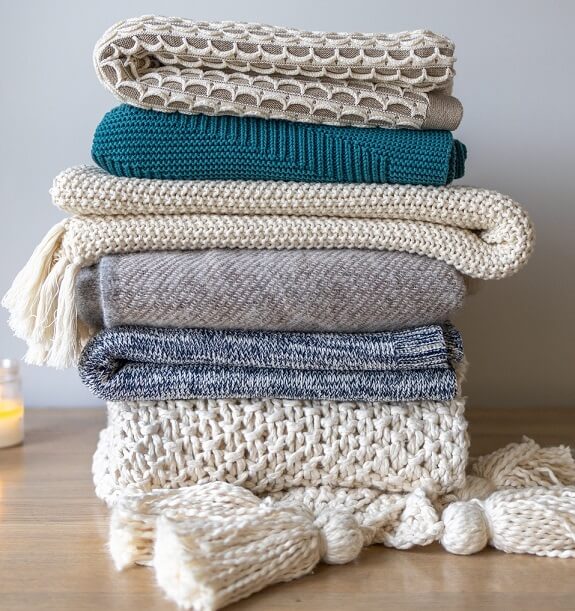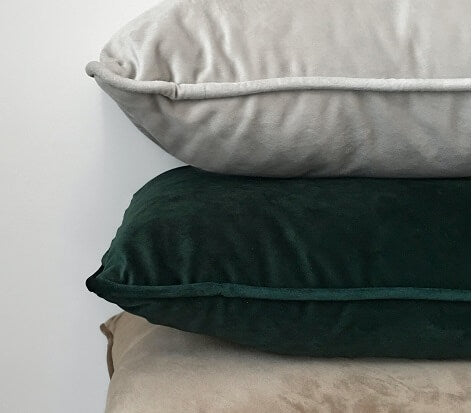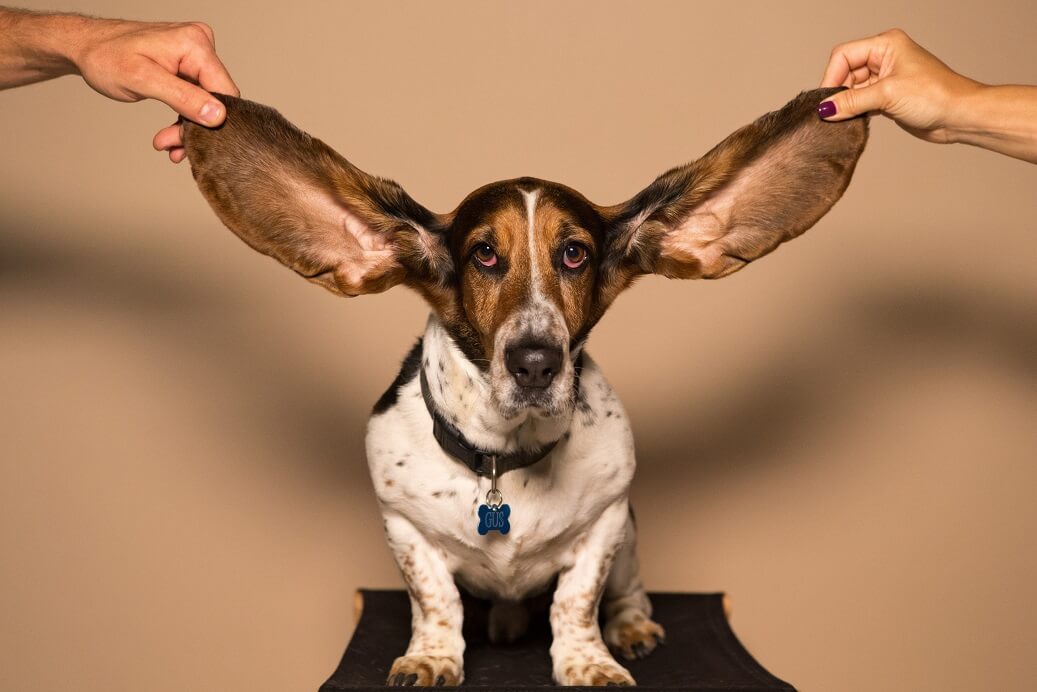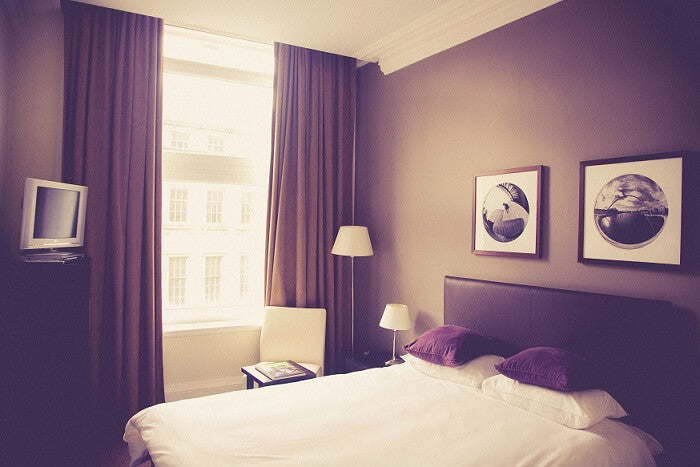We've all been there, sleepless nights caused by our partner's loud, incessant snoring. Or maybe you're the guilty party, waking up to complaints about your nightly 'music'. But do nose vents actually help for snoring? Let's dig in and find the answer to this burning question.

Understanding Snoring and Its Causes
Snoring, a common problem experienced across various age groups, typically arises when airflow in the nasal and oral regions is hindered in some manner. Several factors can contribute to this obstruction. Nasal airways might become blocked due to allergies, a deviated septum, or nasal polyps, leading to difficulty in breathing and consequently, snoring. Poor muscle tone in the throat and tongue can also play a part. This can occur as a result of deep sleep, aging, or consumption of alcohol and certain medications, causing the throat and tongue to relax excessively and block the airway. In some cases, excess throat tissue due to being overweight can obstruct the airway, while a long uvula or soft palate can narrow the opening from the nose to the throat. By understanding the root causes of snoring, one can better address the issue and explore suitable remedies, such as nose vents.
What Are Nose Vents and How Do They Work?
Nose vents, often made from flexible, hypoallergenic silicone, are petite devices purposed for insertion into your nostrils ahead of your bedtime routine. These devices have a specific aim in mind: to maintain an open airway throughout the night, enabling smoother, less noisy respiration. Their functionality relies on their unique design that widens the nostrils, effectively enlarging the air passage and facilitating easy breathing. The expanded nostrils prevent throat vibrations responsible for the familiar snoring sound by ensuring a steady flow of air. In other words, nose vents operate by mitigating the blockages that are often at the heart of snoring.
The Effectiveness of Nose Vents for Snoring
So, the million-dollar question remains: do nose vents indeed mitigate snoring? The data suggest that they do. Numerous studies and testimonials reveal that these devices have been successful in reducing snoring in a significant number of users. However, it's important to note that the efficacy of nose vents can vary widely from person to person. These differences can be attributed to each individual's unique anatomy and the specific reasons behind their snoring. For example, individuals who suffer from snoring due to nasal blockages have often reported more substantial improvements after using nose vents, compared to those whose snoring is a result of factors like obesity or the consumption of alcohol. Therefore, while nose vents can serve as a potential solution to snoring, their effectiveness is not universally guaranteed and can depend heavily on the underlying cause of the problem.

The Safety and Comfort of Using Nose Vents
Nose vents are typically made from hypoallergenic and flexible medical-grade silicone, deeming them safe for use by most individuals. However, some people might initially find the sensation of a foreign object in their nostrils to be strange or uncomfortable while sleeping. This discomfort usually subsides as users become more accustomed to the feeling over time. Yet, it's important to note that everyone's experience can vary based on personal sensitivity and tolerance.
While the use of nose vents does not typically present safety issues, maintaining proper hygiene with these devices is crucial. These inserts should be cleaned diligently both before and after each use. This is to prevent any potential infections that could arise from the accumulation of dirt, germs, or bacteria.
In a nutshell, while nose vents can safely be used by most individuals, the initial comfort level may vary. Over time, users usually adapt to the device and any initial discomfort decreases. Nevertheless, to ensure safety, cleanliness is paramount when using nose vents to prevent possible infections.
Consulting Your Doctor Before Using Nose Vents
While nose vents have shown promise as an effective solution to curb snoring, it's crucial to remember that individual health considerations should not be overlooked. Therefore, before you decide to try nose vents, it's highly recommended to have a discussion with your healthcare provider. This is especially critical for those who suffer from pre-existing health conditions, including sleep apnea.
Having a detailed discussion with your doctor is a wise step. Doctors have in-depth knowledge of your health history, current medications, and overall health condition, enabling them to make an informed decision about the suitability of nose vents for your specific situation. They may offer alternative treatment options if they believe that nose vents might not be effective due to the underlying cause of your snoring.
Additionally, for some individuals, snoring may be a symptom of a more serious condition. For example, obstructive sleep apnea, a condition where the airway repeatedly becomes blocked during sleep, often presents with heavy snoring. If not properly diagnosed and treated, this condition can have serious health implications. Hence, a thorough evaluation by a medical professional can help ensure that your snoring is not a sign of a more serious health concern.
Conclusion: Do Nose Vents Help for Snoring?
In summary, it appears that nose vents can indeed serve as an effective aid to alleviate snoring for some individuals, particularly those whose snoring is a result of nasal obstructions. Yet, it's essential to remember that their effectiveness can vary depending on the person and the underlying cause of their snoring. The use of nose vents is not a universal remedy for all snoring scenarios. Alongside the use of such devices, maintaining a healthy lifestyle and practicing good sleep hygiene are crucial to achieving the best outcome. While nose vents can be a beneficial tool in managing snoring, it's of utmost importance to consult with a healthcare provider before implementing this or any new treatment. This will ensure that the approach is appropriate for your specific circumstances, and will allow the opportunity to rule out any potentially serious health conditions that may be causing your snoring. So, let's put an end to sleepless nights filled with loud snoring and welcome peaceful slumbers!
FAQ
Does blowing your nose help snoring?
Blocked nasal passages are one of the most common causes of snoring. Sometimes they're only blocked for a few days because of a cold, but some of us get bunged up more easily. Having a steamy shower before bed can help to open them up. It's also a good idea to blow your nose or use a nasal spray before you go to sleep.
Will a nose job fix snoring?
If the snoring is caused by a structural problem in your nose that can be corrected surgically, it is usually possible to use rhinoplasty to eliminate your snoring. You might need to have some cartilage removed to open up the airway or to have the septum straightened so that you breathe more easily.
Is there a procedure to stop snoring?
Pillar procedure (palatal implant)
The pillar procedure, also called a palatal implant, is a minor surgery used to treat snoring and less severe cases of sleep apnea. It involves surgically implanting small polyester (plastic) rods into the soft upper palate of your mouth.
What to read next.

Comparing Sleep Aids: Nose Clips versus Nose Vents

The Science Behind Sleep Moaning When You're Ill

Sleep Soundly: Harnessing the Power of White Noise to Silence Snoring and Distractions
What to shop?
8Pcs Silicone Anti Snoring Nose Vents
From $8.95
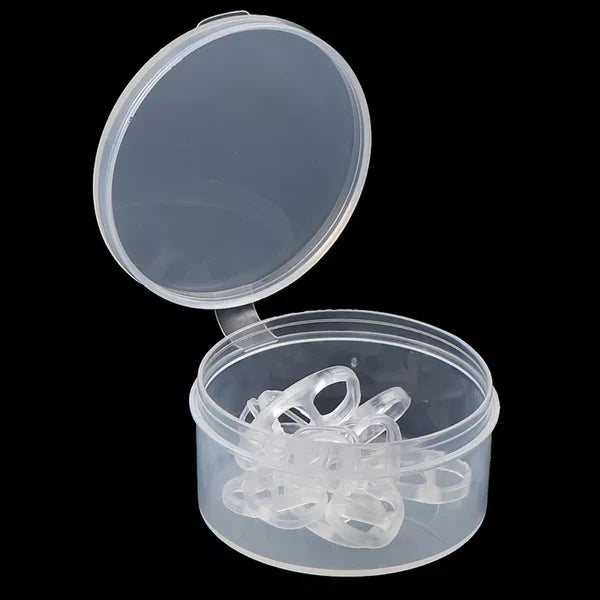
Soft Silicone Dilator Anti Snoring Device
From $8.23

Nasal Dilator For Snore Relief
From $16.95

